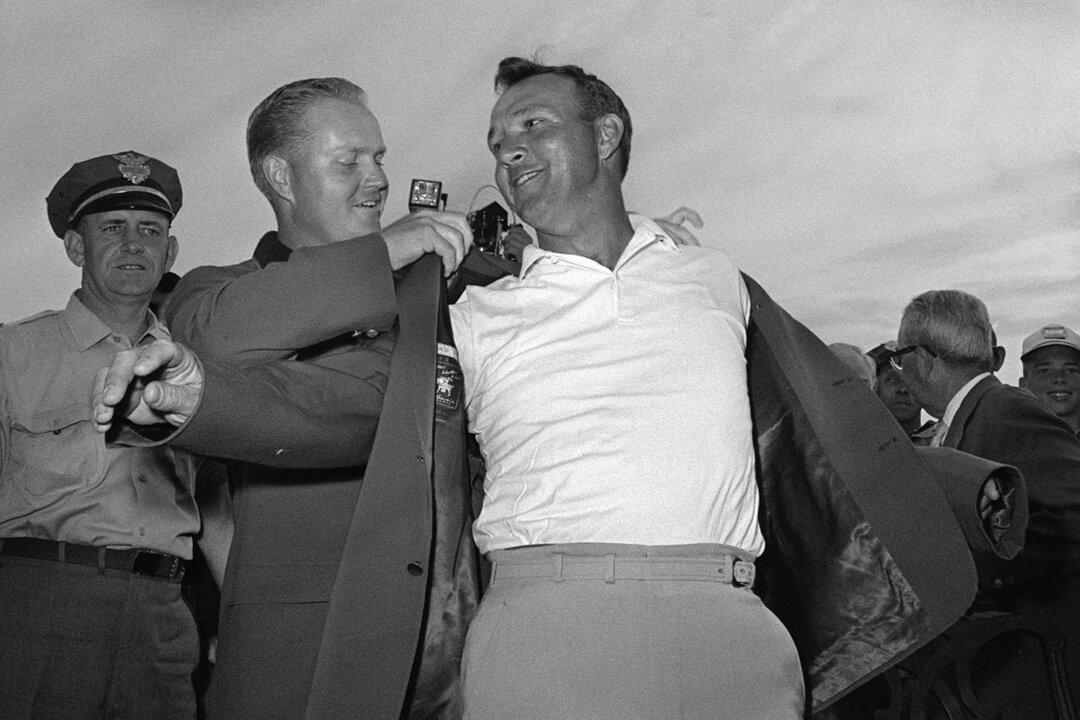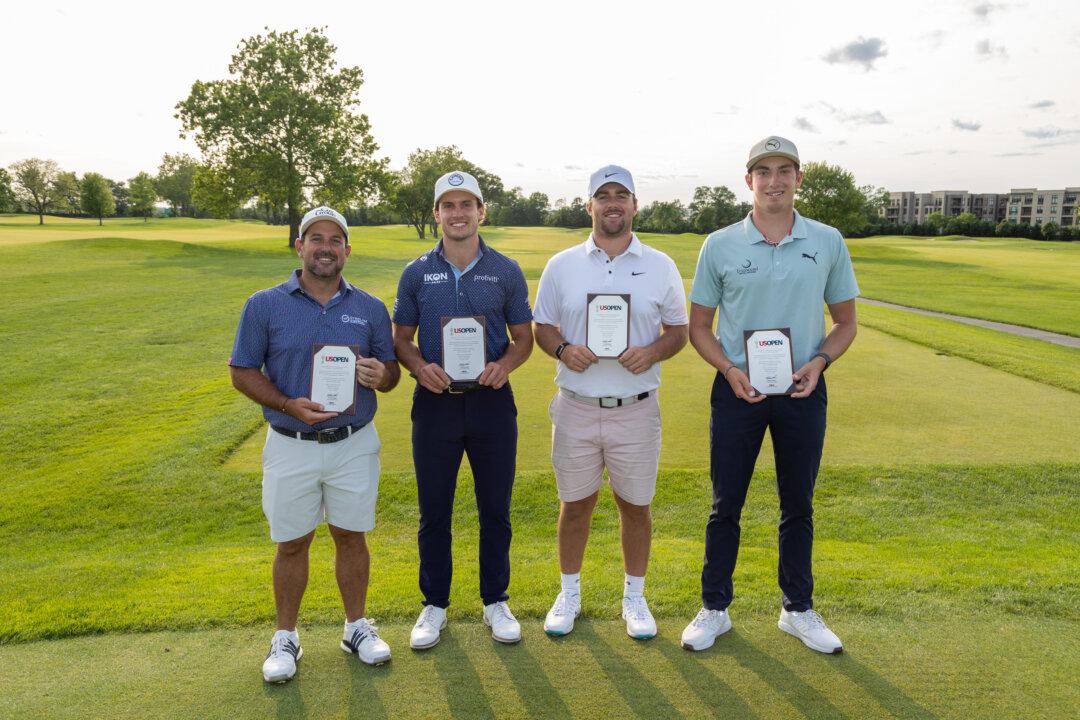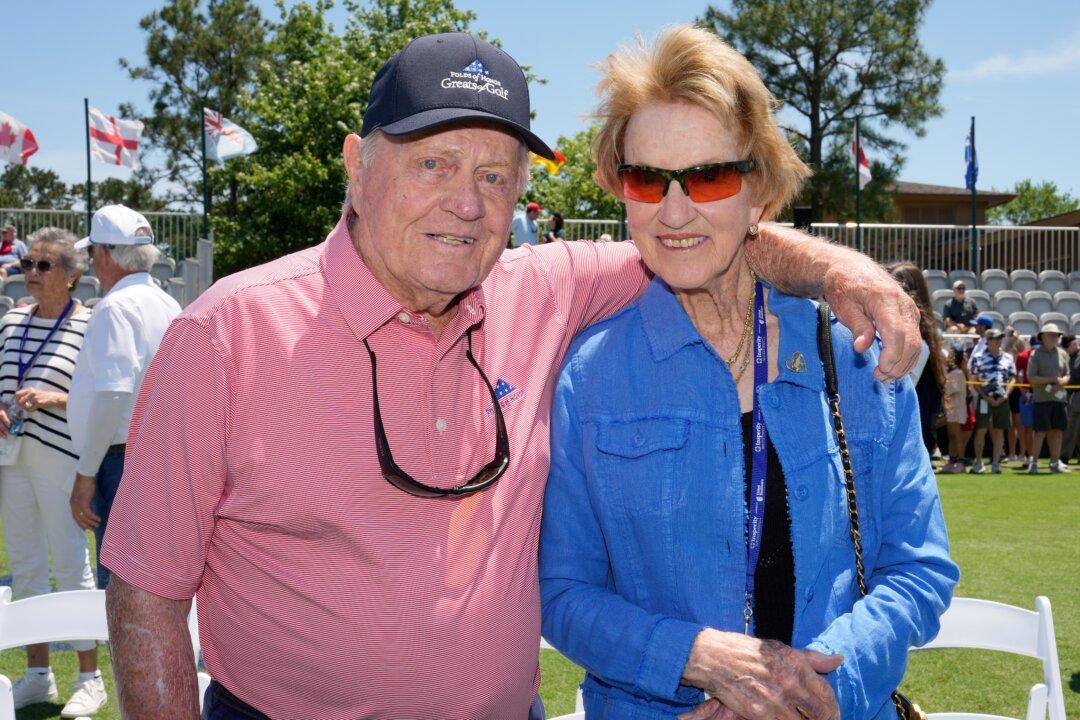ORLANDO, FL.—There are few athletes that can lay claim to the tag of “icon.” At 86 years of age, Arnold Palmer has been at the forefront in bringing to life the game of golf to millions worldwide since emerging on the scene in the early 1950’s. Affectionately and rightly called “The King,” Palmer has slowed considerably and this year marks the first time that he did not stage a pre-event press event at his invitational tournament at Bay Hill.
Palmer bought Bay Hill in 1974 and the facility has been hosting an annual professional event since 1979—from 1984 to present the event has become even more prestigious as an invitational event for the world’s finest players.

Arnold Palmer watches a drive in his final practice round for the Master Tournament on April 5, 1967 at Augusta National Golf Club. AP Photo/BD





